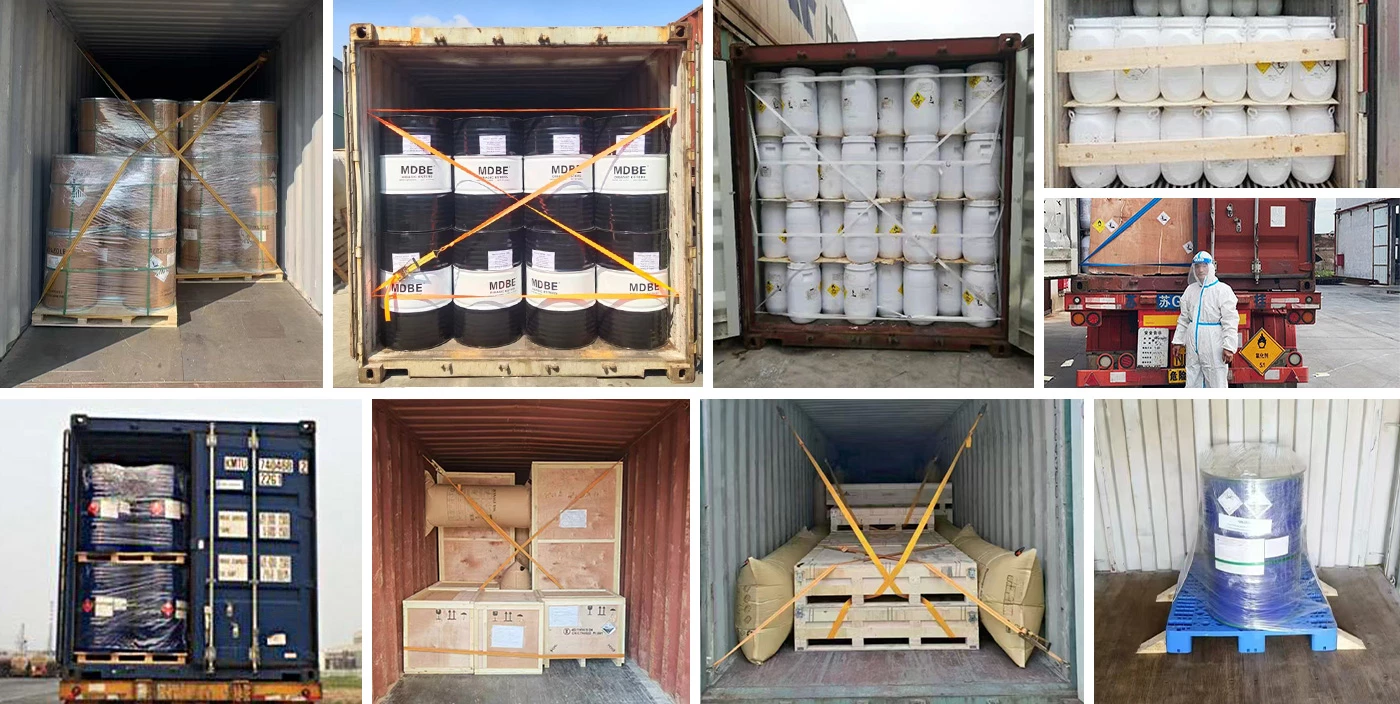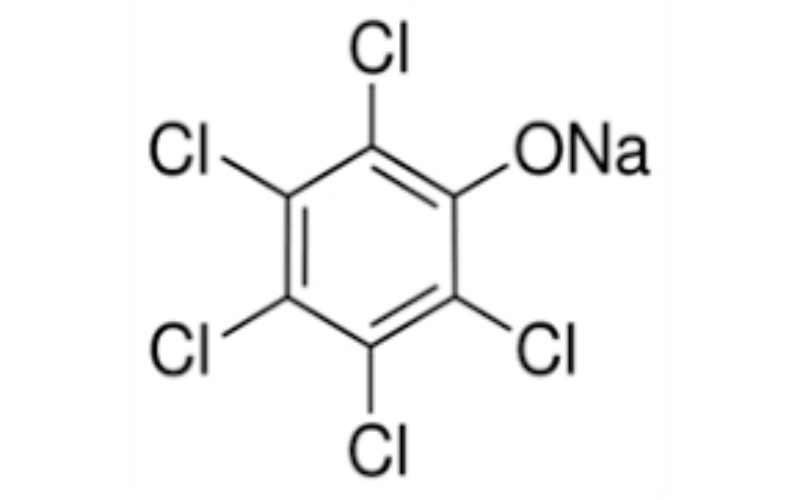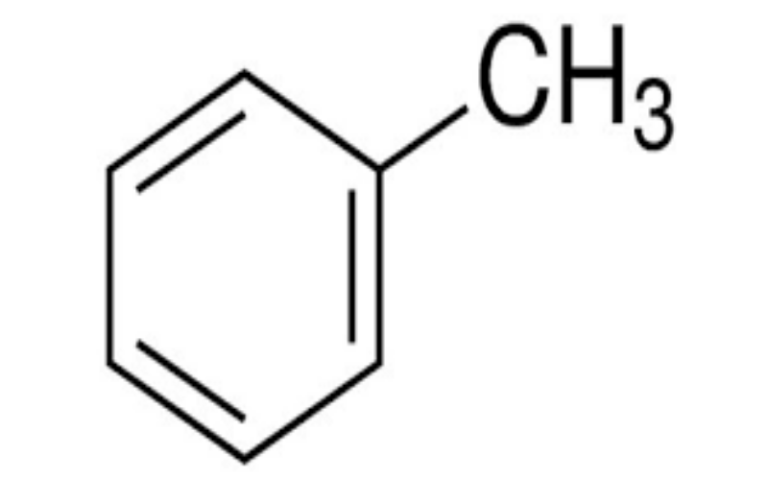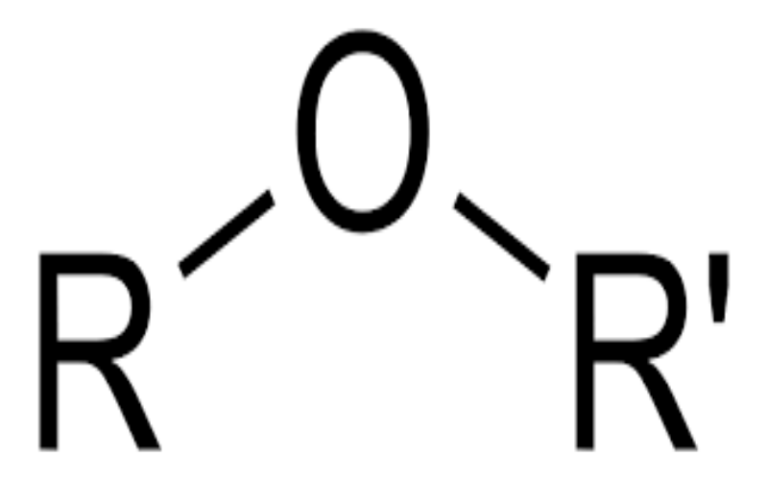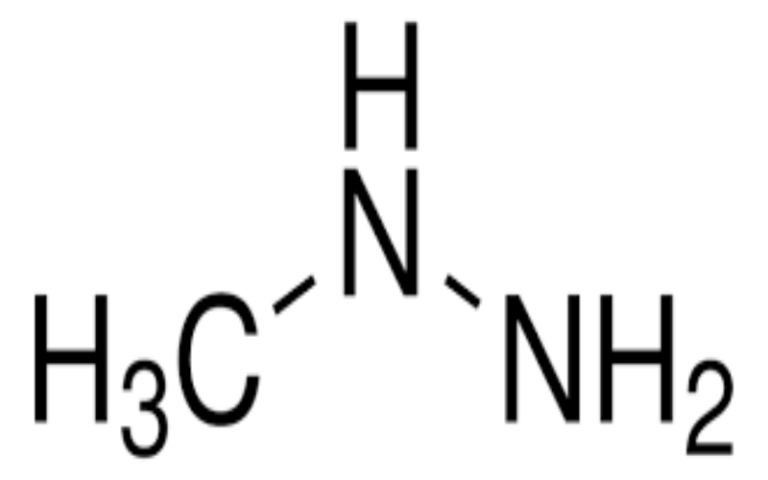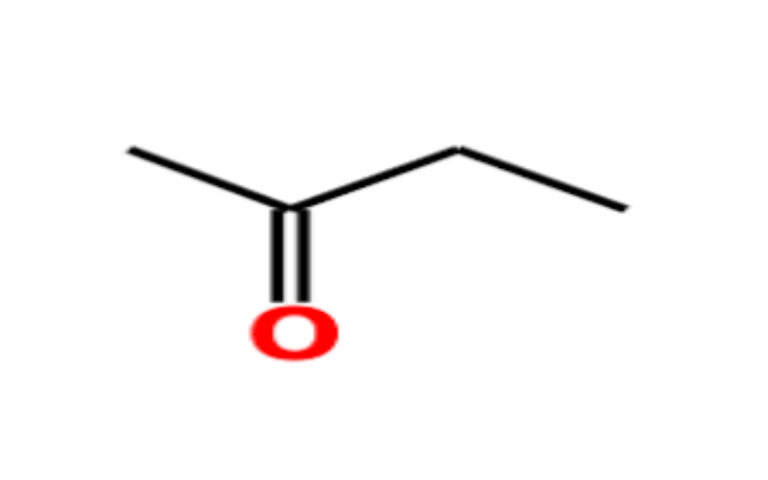Physical Properties
- Appearance: White or tan crystalline powder.
- Melting Point: >300°C.
- Solubility: Soluble in water, ethanol, and acetone; slightly soluble in DMSO.
- Odor: Phenolic odor.
Chemical Properties
- Stability: Stable in dry conditions but decomposes under sunlight.
- Reactivity: Incompatible with strong oxidizing agents.
Uses
- Applications: Used as a fungicide, herbicide, and disinfectant in wood preservation, water-based latex paints, cellulose products, textiles, adhesives, leather, pulp, paper, and industrial waste systems.
- Agricultural Use: Used as a contact and preemergence herbicide, and for control of the intermediate snail host of schistosomiasis.
Safety Information
- Toxicity: Toxic by ingestion, inhalation, and skin absorption.
- Health Hazards: Causes irritation to eyes, nose, and throat. May cause weakness, headache, dizziness, nausea, and difficulty in breathing.
- Environmental Concerns: Not persistent in water or soil due to bacterial decomposition. May photolyze in water and adsorb to sediments.
- Carcinogenicity: Studies indicate that pentachlorophenol is nonmutagenic and does not bioaccumulate significantly in aquatic organisms.
Handling and Storage
- Storage: Store in a cool, dry place, away from oxidizing agents.
- Safety Precautions: Wear appropriate protective clothing and gloves. Avoid release to the environment.
Regulatory Information
- Hazard Codes: T+ (Very toxic), N (Dangerous for the environment).
- UN Number: 2567 (Hazard Class: 6.1, Packing Group: II).
- Waste Disposal: Consult with environmental regulatory agencies for guidance on acceptable disposal practices.
Our company specializes in hazardous chemicals, flammable and explosive chemicals, toxic chemicals (legal export), ultra-pure and high-purity reagents. Welcome to contact us.
Packing and shipping
